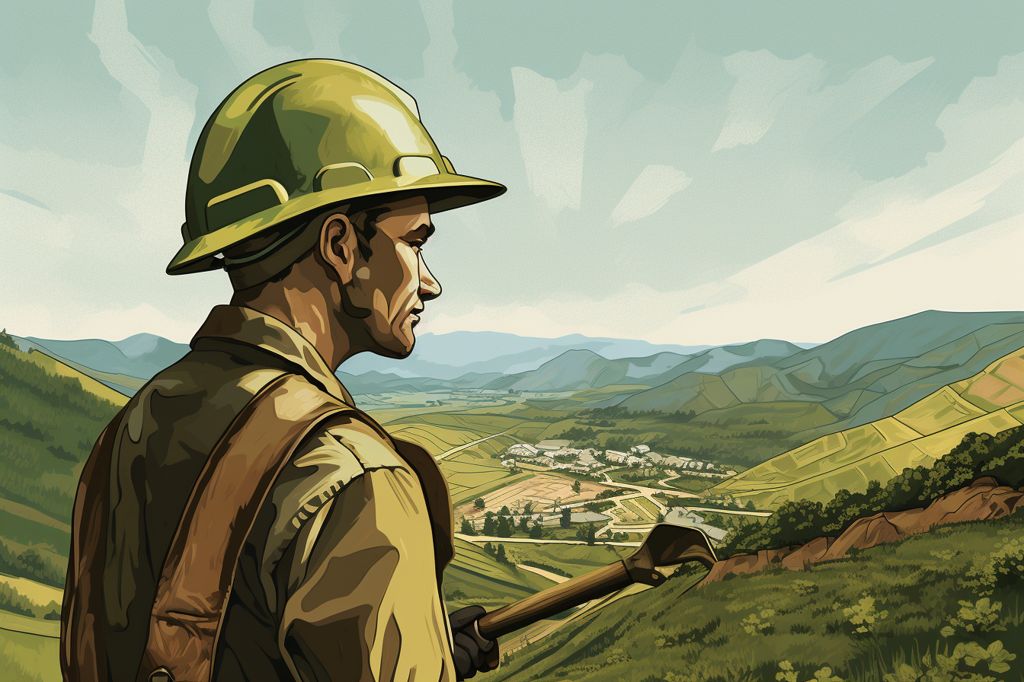Recently, Minister of Mineral Resources and Energy, Mr. Gwede Mantashe, addressed the MPRDA Review Summit held at Indaba Hotel in Fourways. The summit brought together government officials, industry leaders, and various stakeholders to discuss the future of South Africa’s mining industry.
Historical Context
South Africa’s mining sector has played a vital role in the country’s economic development for over a century. However, it often came at the expense of an unequal society, where black individuals were oppressed and marginalized. The apartheid era witnessed exclusionary policies that stripped black South Africans of land ownership rights and hindered their participation in the mainstream economy.
Legislative Instruments
In 2002, the Mineral and Petroleum Resources Development Act (MPRDA) aimed to address the historical socio-economic inequalities by placing mineral ownership under the state’s custodianship, benefitting the entire population. The Mining Charter was introduced in 2004 to promote socio-economic transformation within the industry and provide opportunities for historically disadvantaged South Africans to participate actively.
Progress and Challenges
Despite these regulatory instruments, the mining industry has not fully embraced the transformation agenda, as evidenced by ongoing legal battles. However, significant improvements have been made in the working and living conditions of mine workers and communities compared to the pre-MPRDA period. The reviewed Mining Charter has even introduced a 10% free-carried shareholding for workers and communities, and over 72,000 women now work as miners, with some holding executive positions.
Prioritizing Social Responsibility
The current regulatory framework also emphasizes the importance of developing impactful projects in mining communities to foster coexistence and promote social responsibility. Additionally, the health and safety of mine workers have been prioritized, with the industry striving to achieve a goal of Zero-Harm.
New Policies and Amendments
In an effort to balance the interests of investors and South Africans, the government has developed new policies and amended existing frameworks to ensure optimal usage of natural resources. One such initiative is the Upstream Petroleum Resources Development Bill, aimed at separating petroleum provisions from the MPRDA and encouraging exploration and production of petroleum resources.
Promoting Collective Effort
The summit served as a platform for an open dialogue with stakeholders, ensuring a collective effort to identify legislative gaps and improve regulatory framework implementation. With the South African mining industry poised for further growth, there is no reason why the development of resources cannot embrace the concept of shared value from which all stakeholders can benefit.
As the country continues to combat poverty, unemployment, and inequality, the transformation of the mining industry remains essential for the overall economic development of South Africa. The MPRDA Review Summit marks a crucial step towards achieving a more inclusive and sustainable future for the nation’s mining sector and its people.








